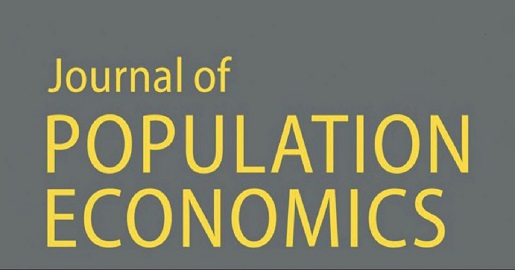A new paper published online in the Journal of Population Economics studies the labor market effects of a work-first policy that aimed at speeding up the labor market integration of refugees. New requirements for refugees to actively search for jobs and to participate in on-the-job training immediately upon arrival in Denmark led to limited employment effects among males but not for females.
The Global Labor Organization (GLO) is an independent, non-partisan and non-governmental organization that functions as an international network and virtual platform to stimulate global research, debate and collaboration.
Labor market effects of a work-first policy for refugees

by Jacob Nielsen Arendt
Published ONLINE: Journal of Population Economics, scheduled for 2021. OPEN ACCESS!!
GLO Fellow Jacob Nielsen Arendt
GLO Discussion Paper No. 662, 2020
Author Abstract: This study estimates the labor market effects of a work-first policy aimed at speeding up the labor market integration of refugees. The policy added new requirements for refugees to actively search for jobs and to participate in on-the-job training immediately upon arrival in the host country, Denmark. The requirements were added to an existing policy that emphasizes human capital investments in language training. The results show that the work-first policy speeded up entry into regular jobs for men, but they find work in precarious jobs with few hours. Long-run effects are uncertain since the policy crowds out language investments but raises enrollment in education. The policy had no or very small effects for women, which is partly explained by a lower treatment intensity for women.
Access to the recently published Volume 33, Issue 4, October 2020.
LEAD ARTICLE OF ISSUE 4:
Yun Qiu, Xi Chen & Wei Shi, Impacts of social and economic factors on the transmission of coronavirus disease 2019 (COVID-19) in China
Journal of Population Economics 33, 1127–1172 (2020). OPEN ACCESS
Over 27K journal downloads & over 80 Google Scholar cites as of October 18, 2020.

Ends;

